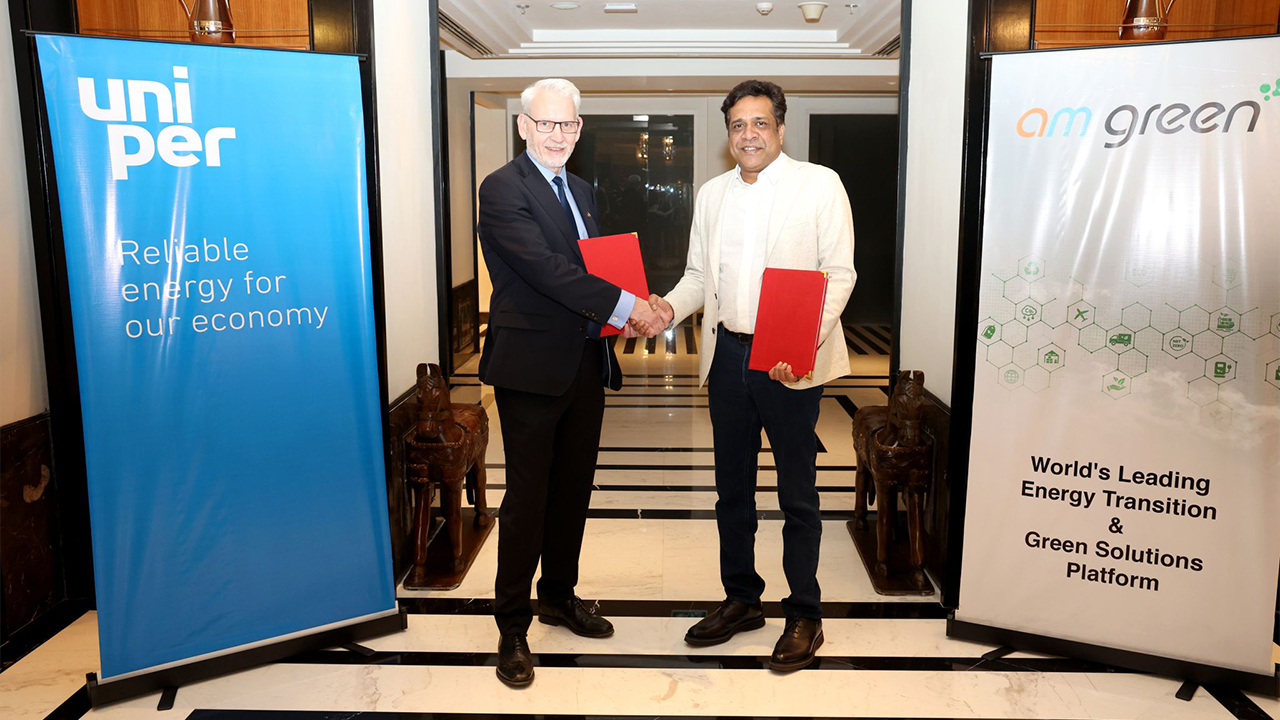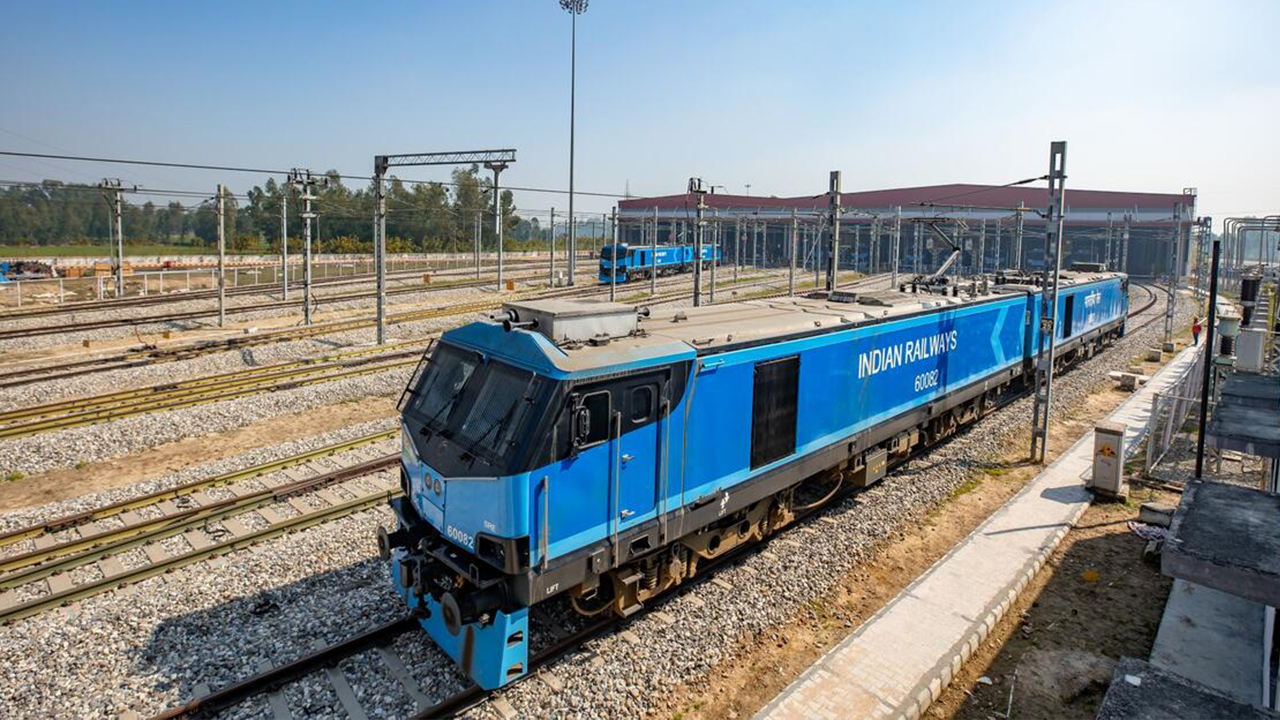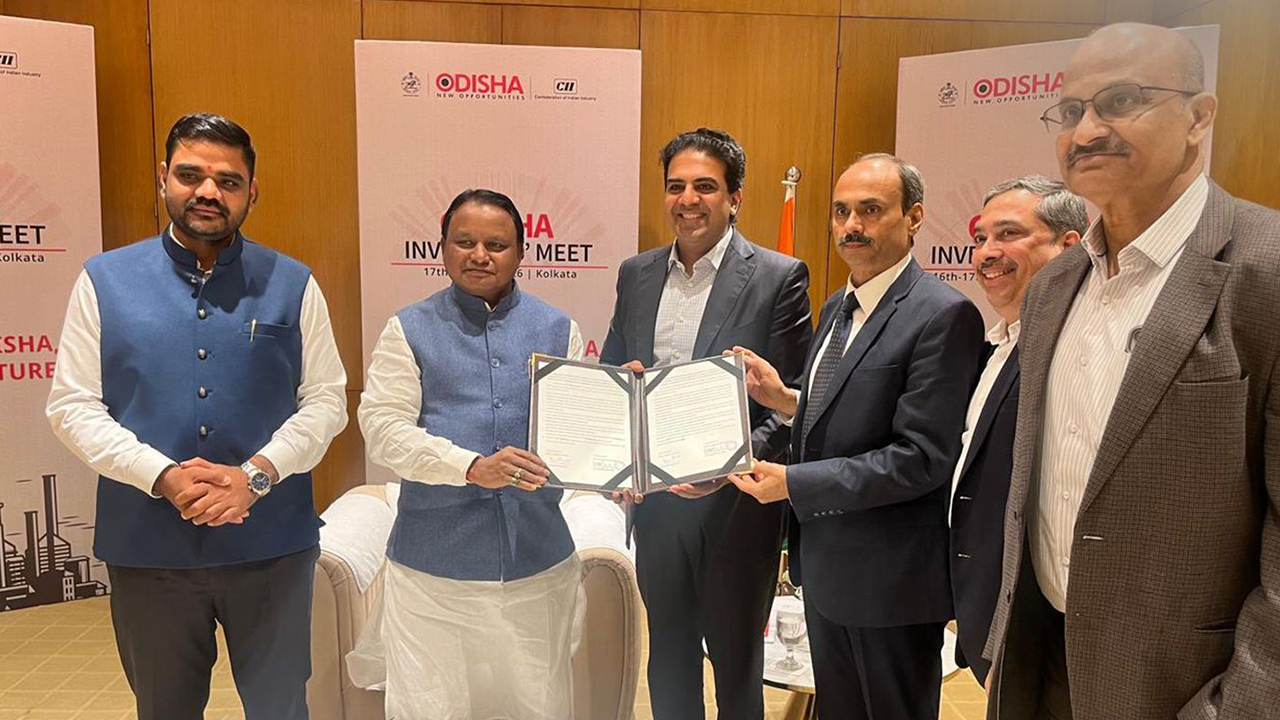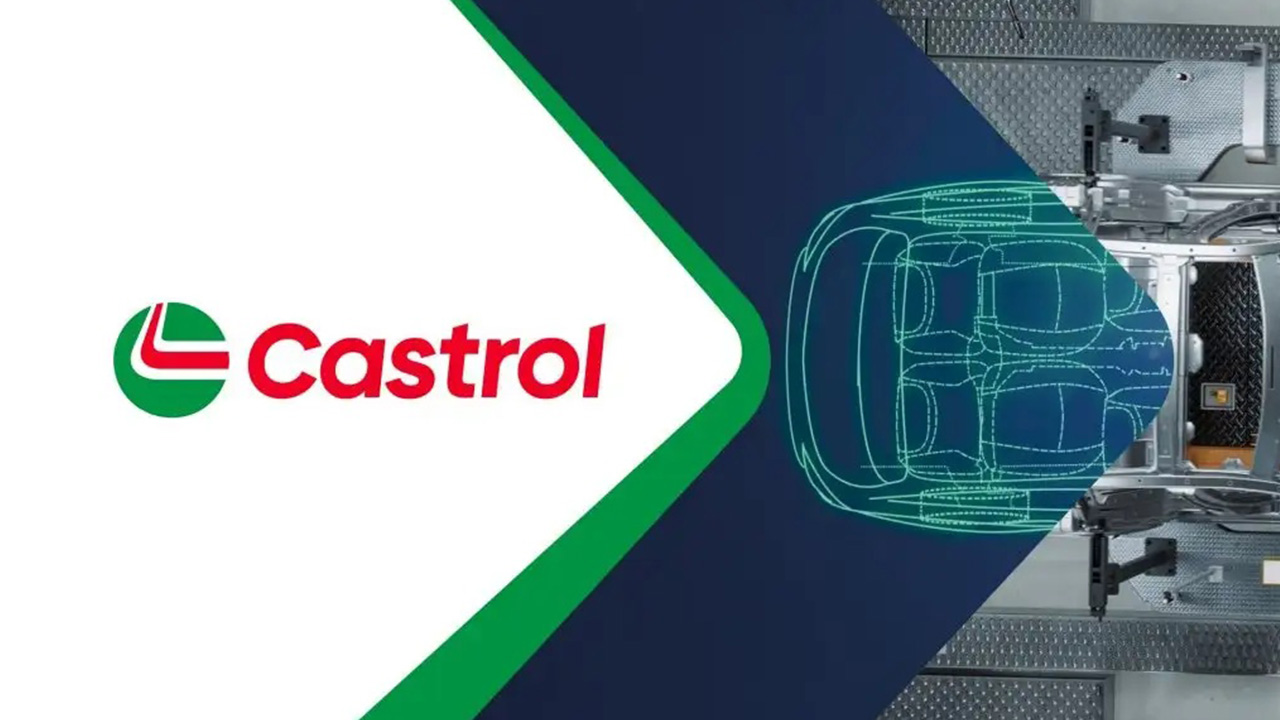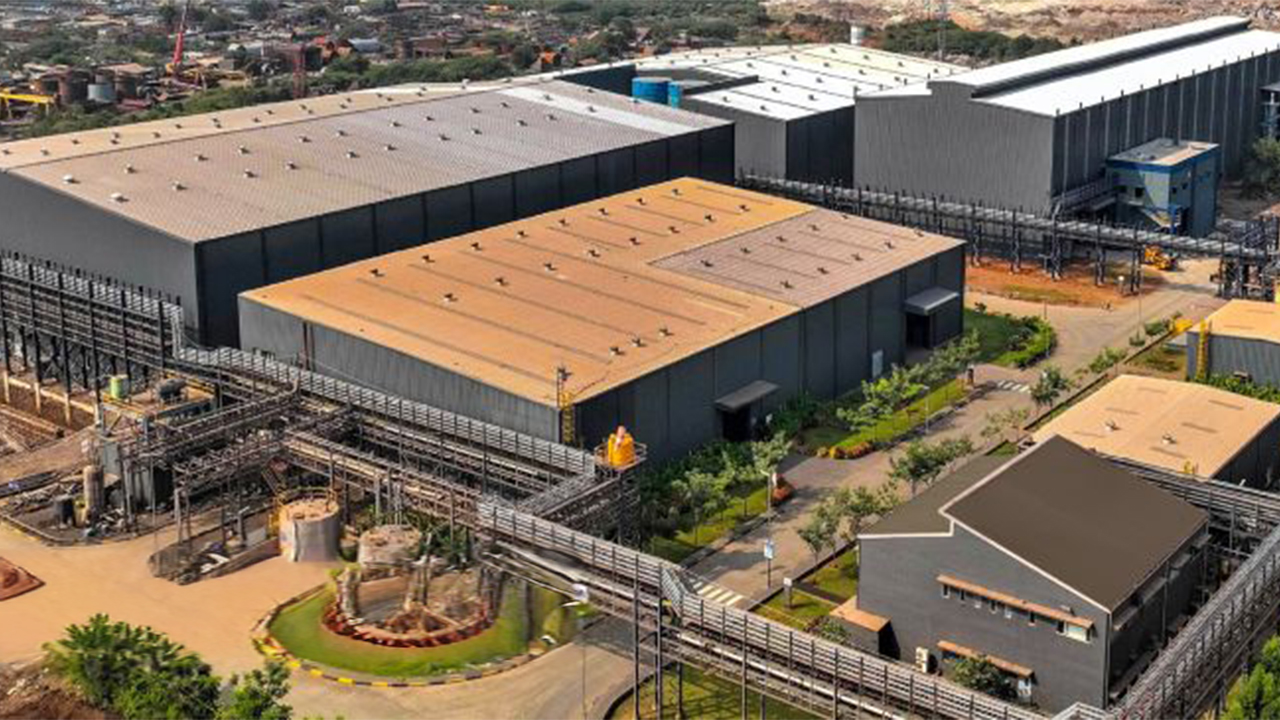Accelerating Strategic Decarbonization Initiatives
#Sustainability #VikasDhole #AspenTechnology #AspentechIndiaManagementForumDigitalization will help in accelerating the implementation of energy efficiency improvements and monitoring and reducing emissions. It will also help in accelerating innovations in new sustainability initiatives such as Hydrogen Economy and CCUS.
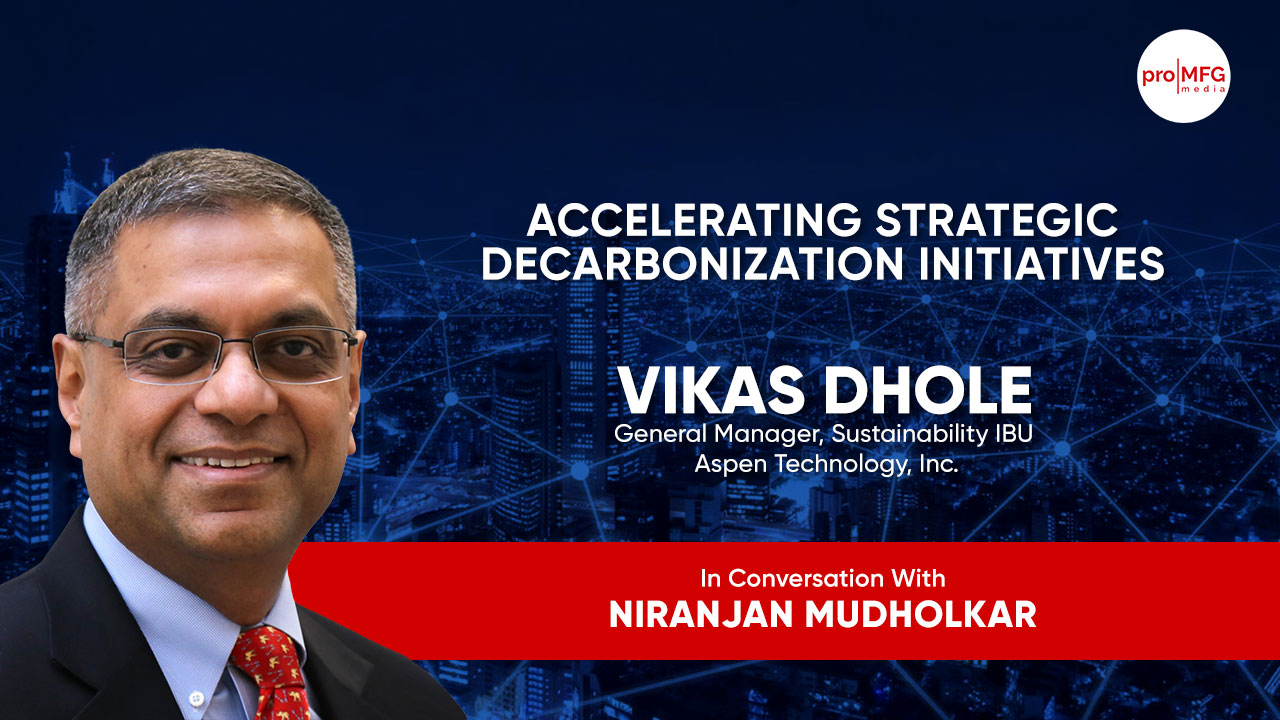
May 2023 : In this exclusive interaction with Niranjan Mudholkar, Editorial Director, Pro MFG Media, Vikas Dhole, General Manager, Sustainability IBU | Aspen Technology, Inc., shares that ‘embracing digitalization across the lifecycle from early concept development to operations and maintenance will help accelerate the pace of innovation’. “In addition, consistent adoption and sustainment of digital solutions across the companies will be critical,” he adds.
The key strategies to advance decarbonization include innovation, international collaboration, and digitalization. Where does the Indian industry stand on these crucial fronts?
Let’s look at each of the three strategies required for decarbonization individually.
Innovation: There has been remarkable progress in the last 20 years from equipment engineering to process innovation and new process technology developments. A key equalizer is the access to the latest commercial software. For example, AspenTech software solutions and Academic programs have been giving access to industry ready software in India across all universities and companies.
International Collaboration: There has been a significant increase from CSIR labs to collaborations between Indian companies and international players, as well as international companies investing in innovation centers in India. For example, GE, Dow, XOM, Shell have opened their innovation centers.
Digitalization: The extent of digitalization varies across the industry tiers. Some of the top tier companies on par with top quartile global performers. Mid to lower tiers are behind and catching up. Talent affordability is good, with a higher rate of engineering graduates, however quality has varied. Engineering and IT talent in the country is an asset that needs to be leveraged in the asset heavy industries.
In general, acceleration of innovations in sustainability is needed and digital solutions are key to this acceleration. Starting with focus on energy efficiency, since it provides return on investment and building strengths and competency in rapidly emerging areas, such as CCUS, the hydrogen economy, and digital grid management to rapidly incorporate renewable power generation and at the same time, achieve a scalable and reliable grid operation.
Achieving net-zero is both a technological and a financial challenge. Large scale commercial exploitation is dependent on further innovations that can bring down the costs or achieve other technological challenges. How can we create the right atmosphere and the right incentives for innovations to happen?
To succeed, a combination of the carrot and stick approach is advisable. For example, European Cap & Trade (stick) and American IRA (carrot) can help. The pace of innovation in sustainability is accelerating rapidly across all the pathways. Embracing digitalization across the lifecycle from early concept development to operations and maintenance will help accelerate the pace of innovation. In addition, consistent adoption and sustainment of digital solutions across the companies will be critical. No single company has all the solutions - active collaboration across the innovation centers in the country, (e.g. CSIR labs and Research institutes to corporate R&D centers), as well as public and private companies, while extending the collaboration internationally, needs to be one of the key strategies.
The move from fossil fuels to renewables also involves a paradigm shift from a completely plannable model of power generation to one that is intrinsically unplannable. Are we ready to undertake this journey that involves technical and infrastructural challenges as well as the risk of power grids becoming unstable?
Digital solutions that exist today can manage large power grids, including renewable power, troubleshooting as well as increase reliability and safety, including cybersecurity. AspenTech’s Open System International (OSI) Digital Grid Management solution is a leading solution in this area and was acquired last year as part of the Emerson Transaction. It is being used in some parts of India. As part of this solution, Industrial AI is helping to forecast renewable power, while considering weather effects, up to 35-40 days in advance. Beyond power transmission and distribution, microgrid implementations are needed in industrial areas, as companies are investing in renewable power for their de-carbonization initiatives.
Despite improvements in energy intensity, total emissions have increased, driven by rising energy demand in developing economies. How do we cope with that?
We expect the overall energy consumption to increase, as the standard of living continues to increase in India. There are three key points to consider all of these can be accelerated with digital solutions:
Composition of Energy Supply: Coal still drives 60-70 percent of energy and power demand. Close to 30 percent of power generation comes from either Hydro or wind and solar. This will be a transition process and the question that remains is how rapidly that can happen. E.g. accelerating the program to shut down old and dirty coal-based power plants and accelerating renewable power and bio feedstocks.
Driving Energy Efficiency and Emissions Monitoring and Decision making: We estimate 30 percent potential in energy efficiency improvement with good payback on the investments. Digital tools have been proven over the years to improve energy efficiency in design and operations. There could be incentives or cap and trade type implementation to accelerate.
Accelerating Strategic Decarbonization Initiatives: India will need to focus on a few select initiatives e.g. Hydrogen, CCUS or Bio-feedstocks, as simultaneous investment in infrastructure and private investment needs to happen in a coordinated way.
The UN Climate Action Note gives five reasons why we should accelerate the transition to clean energy. It is abundant, it is cheaper, it is healthier, it creates jobs and it makes economic sense. How does the industry view these reasons?
Clean energy investment absolutely makes sense. It needs to be coordinated between public and private investments. Digital grid management will be key to simultaneously balance increasing power demand and the variable nature of renewable power generation. Bio-feedstocks present another opportunity for India.
India’s energy transition and decarbonization agenda is to create a new clean energy system with reliability, affordability, sustainability and energy independence. What role will digitalization play in accomplishing this objective?
This has been covered in the previous questions. Digitalization will help in large-scale grid management, including renewable power. Digitalization will help in accelerating the implementation of energy efficiency improvements and monitoring and reducing emissions. Digitalization will also help in accelerating innovations in new sustainability initiatives such as Hydrogen Economy and CCUS.
The above inputs were shared on the lines of Aspen Technology’s India Management Forum held in Mumbai recently.
NEWSLETTER
TRENDING ON PRO MFG
MORE FROM THE SECTION




